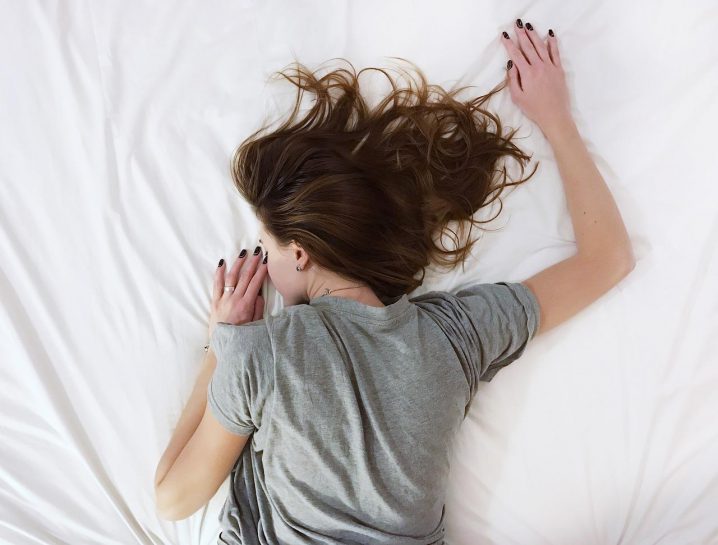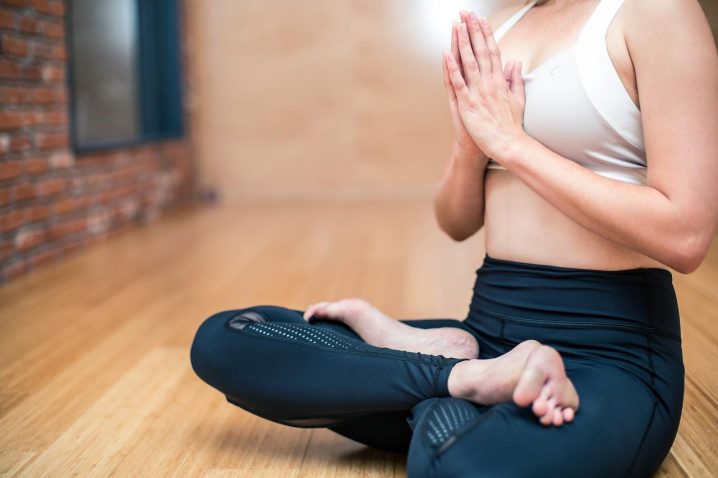
Sleep is essential for your physical and mental health — so why do so few people get the amount of sleep they need? You may chalk up your lack of sleep to your busy schedule or being a night owl – but chances are, the air in your home is impacting your sleep and you don’t even realize it.
From the chemicals in the products you use, to allergens like pet dander and dust, so many particulates go unseen, untreated and become airborne in your home. To filter out these materials, make sure you have an efficient furnace filter and change it regularly.
Furnace filters trap these nasty contaminants that are impacting your indoor air and, in turn, your sleep. It is essential to use a MERV rating furnace filter guide to help you identify the right furnace filter for your home.
Your sleep has a huge impact on your health, so it’s vital to make sure you are getting the rest you need.
According to a report from Science Daily, up to 40 percent of Canadian adults are combatting a sleep disorder — and more and more studies are finding a connection between polluted indoor air, and sleep apnea.
It’s time to start thinking critically about your indoor air and how it is impacting your sleep:
Our Brains Prefer to Sleep in Cool Climates
According to Global News, Canada is the world’s third most sleep-deprived country behind England and Ireland — this can be chalked up to a lot of things, including indoor humidity both in warm and cold seasons.
Good luck falling asleep in a stuffy, damp room. When your indoor air is clean and well ventilated, it makes for a cooler environment that will in turn help you sleep better.
Natalie Dautovich, Ph.D., an environmental scholar at the National Sleep Foundation, revealed to Huffington Post that “there are a lot of positive associations between fresh air and relaxation, and when we feel relaxed and comfortable in our environment, we’re more likely to feel sleepy.”

Airway Retention
Polluted air packed with allergens and other particulates can irritate or congest your airway and make it hard to sleep. These particles can also get into your blood stream, which in turn has an impact on how your brain regulates sleep.
Allergies
If you have allergies and are sleeping in polluted air, you can imagine how breathing in allergens like mold spores and pet dander can impact your sleep. Of course, allergies will congest your sinuses which, will wake you up and interrupt your sleep.

Ventilated Air Relaxes the Mind
Fresh air tranquilizes your body and relaxes your mind to help you to better unwind and fall into a deep sleep. Unclean indoor air, on the other hand, can leave you waking up feeling tired and feverish.
More Rest = Better Productivity
When you don’t get the rest that you need due to unclean air interrupting your sleep and making it hard to breath, you are often left feeling fatigued and unable to concentrate. Keep your indoor clean so that you can reap the benefits of feeling well rested to be productive and alert during your daily activities.



